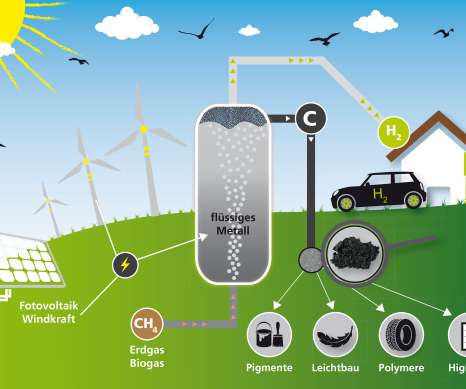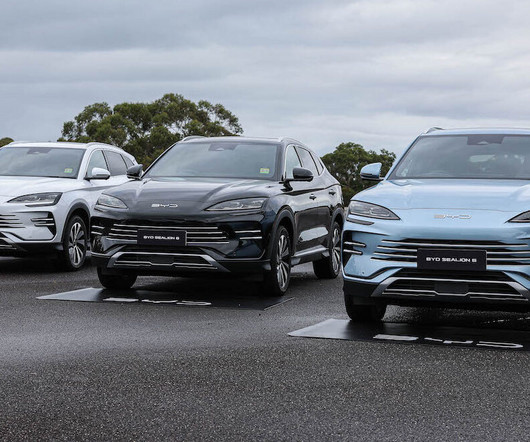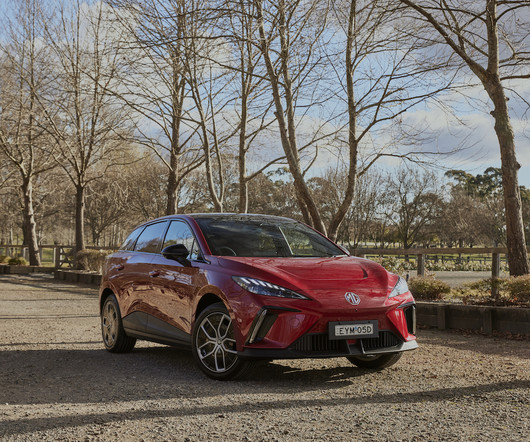KIT and Wintershall Dea collaborating to develop industrial-scale methane pyrolysis for CO2-free production of hydrogen
Green Car Congress
DECEMBER 5, 2019
Researchers at the Karlsruhe Institute of Technology (KIT) and colleagues earlier developed an efficient process for methane pyrolysis. Now, KIT is partnering with industry partner Wintershall Dea to further develop this process for use on an industrial scale. —Prof Wetzel. Geißler, A. Abánades, A. Heinzel, K. Mehravaran, G.

















Let's personalize your content